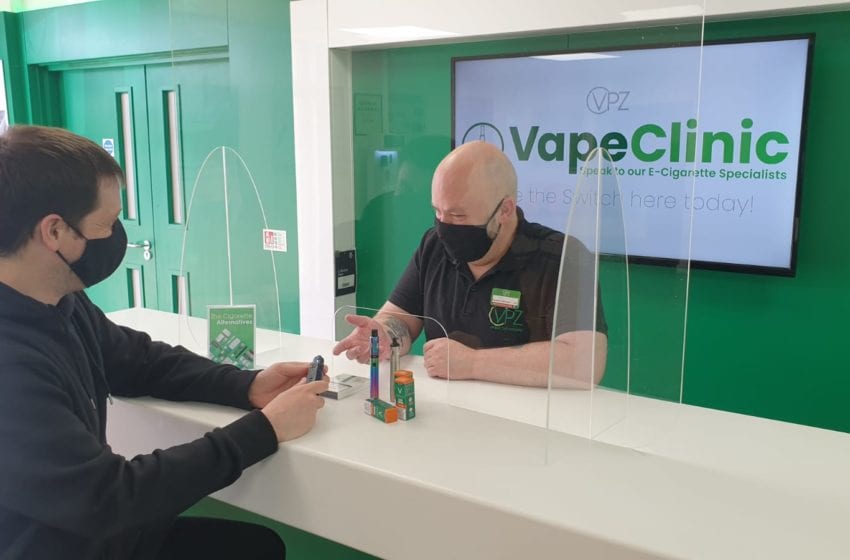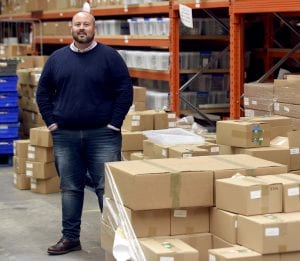
The U.K.-based next-generation nicotine distributor Aquavape has partnered with Philip Morris Limited (PML), the supplier behind IQOS, to offer heated tobacco products for the first time. Philip Morris Ltd. (PML), the U.K. affiliate of Philip Morris International
This year, vape retailers have been challenged by the needs of their consumers, which are changing rapidly, according to Better Retailing. While over a quarter of adult smokers will explore smoke-free products in 2022, 58 percent haven’t yet found a satisfying alternative to cigarettes.
The challenge for vape retailers, said PML, is twofold: meeting the growing consumer demand for smoke-free products, while matching individual preferences based on taste, satisfaction, ritual and other potentially complex needs.
“It’s fair to say that no one single product can achieve this which is why retail outlets of all sizes have evolved as vape specialists, to become multicategory operators. Aquavape is one supplier which has made the move to multicategory, both for the benefit of its retailers’ customers and to the revenues generated by its business,” a spokesperson for PML told betterRetailing.com.
Ebrahim Kathrada, managing director at Aquavape, said historically, the company did not list multiple smoke-free categories: “We now supply a range of smoking alternatives that meet market demands and trends.”
Ebrahim believes a complete smoke-free product offering is essential to diversifying sales and increasing chances of satisfying more customers. “If you don’t have a category in the store, you can’t sell it and explore its potential. If you do, you become the one-stop shop conveniently catering to all the customer’s needs which increases overall takings, basket spend and retention,” he explained.




 A seven percent rise in full-year adjusted revenue to 25.7 billion pounds ($34.8 billion) was reported by
A seven percent rise in full-year adjusted revenue to 25.7 billion pounds ($34.8 billion) was reported by 








 The Association of Convenience Stores (ACS), a U.K.-based retailers group with more than 33,500 members, has launched a new guide to help retailers with the sale and supply of e-cigarettes and other vaping products.
The Association of Convenience Stores (ACS), a U.K.-based retailers group with more than 33,500 members, has launched a new guide to help retailers with the sale and supply of e-cigarettes and other vaping products.








